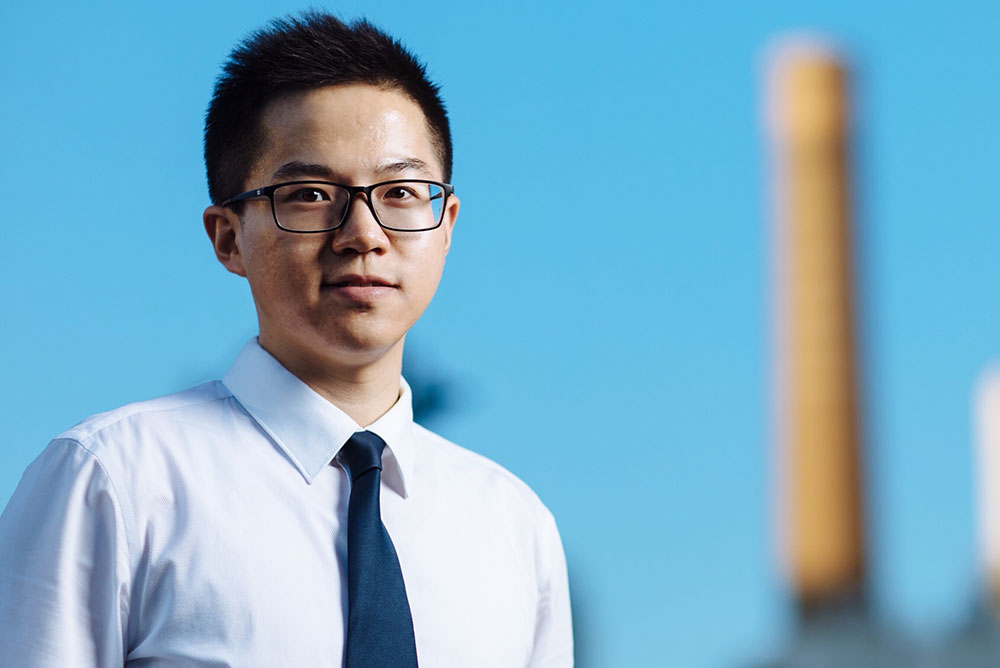NSE’s Xingang Zhao wins Young Professional Thermal Hydraulics Research Competition

Xingang Zhao wins 2018 Young Professional Thermal Hydraulics Research Competition
Fifth-year NSE graduate student, Xingang Zhao, won the 2018 Young Professional Thermal Hydraulics Research Competition for his presentation entitled “Machine Learning-Based Critical Heat Flux Predictors in Low Quality Flow Boiling”.
Zhao worked collaboratively with Professor Koroush Shirvan (MIT NSE) and Dr. Robert Salko (Oak Ridge National Lab) to develop a hybrid physics-informed, machine learning-assisted approach to predict critical heat flux (CHF) in a pressurized water reactor. Their application more accurately predicts CHF corresponding to the departure from nucleate boiling. This phenomenon is one of the most important safety limits in pressurized water reactors. The team was able to demonstrate greatly improved generalization and extrapolation capabilities over traditionally used models across a wide range of flow conditions and channel geometries. The demonstration established the superior flexibility and robustness of their approach to more traditional models.
This work provided fresh insight into how nuclear thermal hydraulics could benefit from the new era of AI and Big Data. The proposed methodology opens the door to a broad spectrum of applications for the promotion of improved nuclear safety and economics.
The Young Professional Thermal Hydraulics Research Competition was hosted by the Thermal Hydraulics Division (THD) and co-sponsored by the Young Member Group (YMG) of the American Nuclear Society. It was held at the 2018 ANS Winter Meeting in Orlando, FL. Established in 2006, the professional development session is designed to enhance the technical writing and presentation skills of young professionals working in the area of Thermal Hydraulics through preparation and presentation of a summary related to the Thermal Hydraulics profession. The participants are evaluated on the originality of research, the overall contributions, the quality of the summary, and the quality of the presentation.
RELATED
Making nuclear energy efficient and more affordable
November 2018
